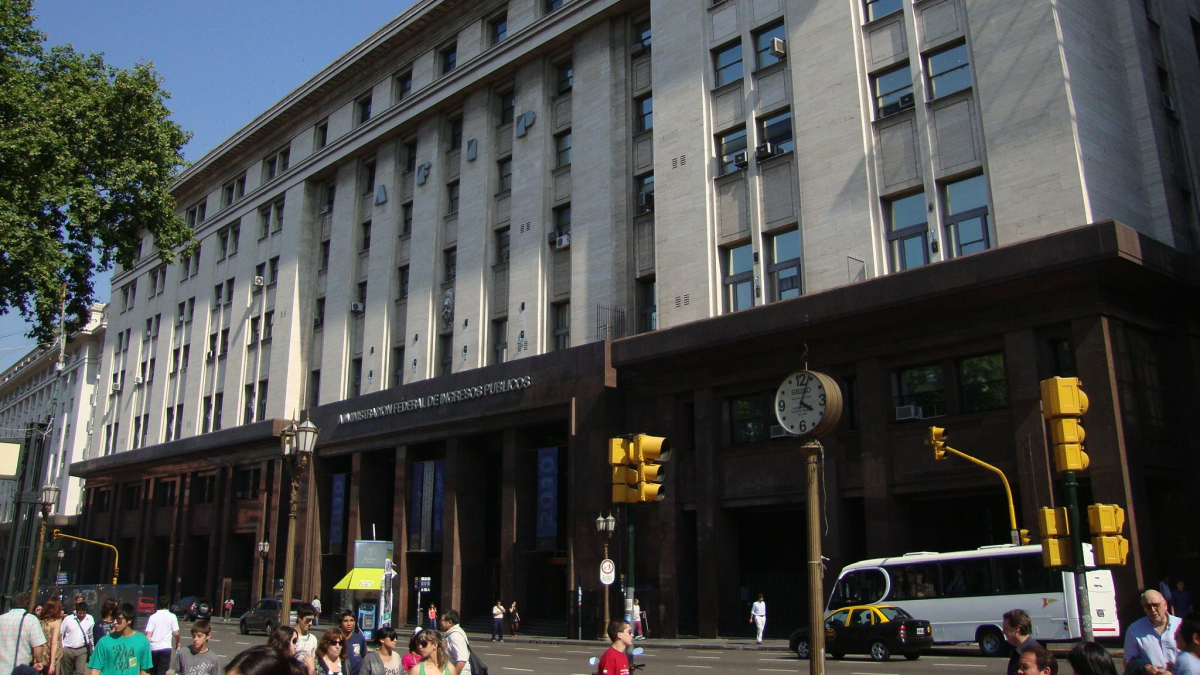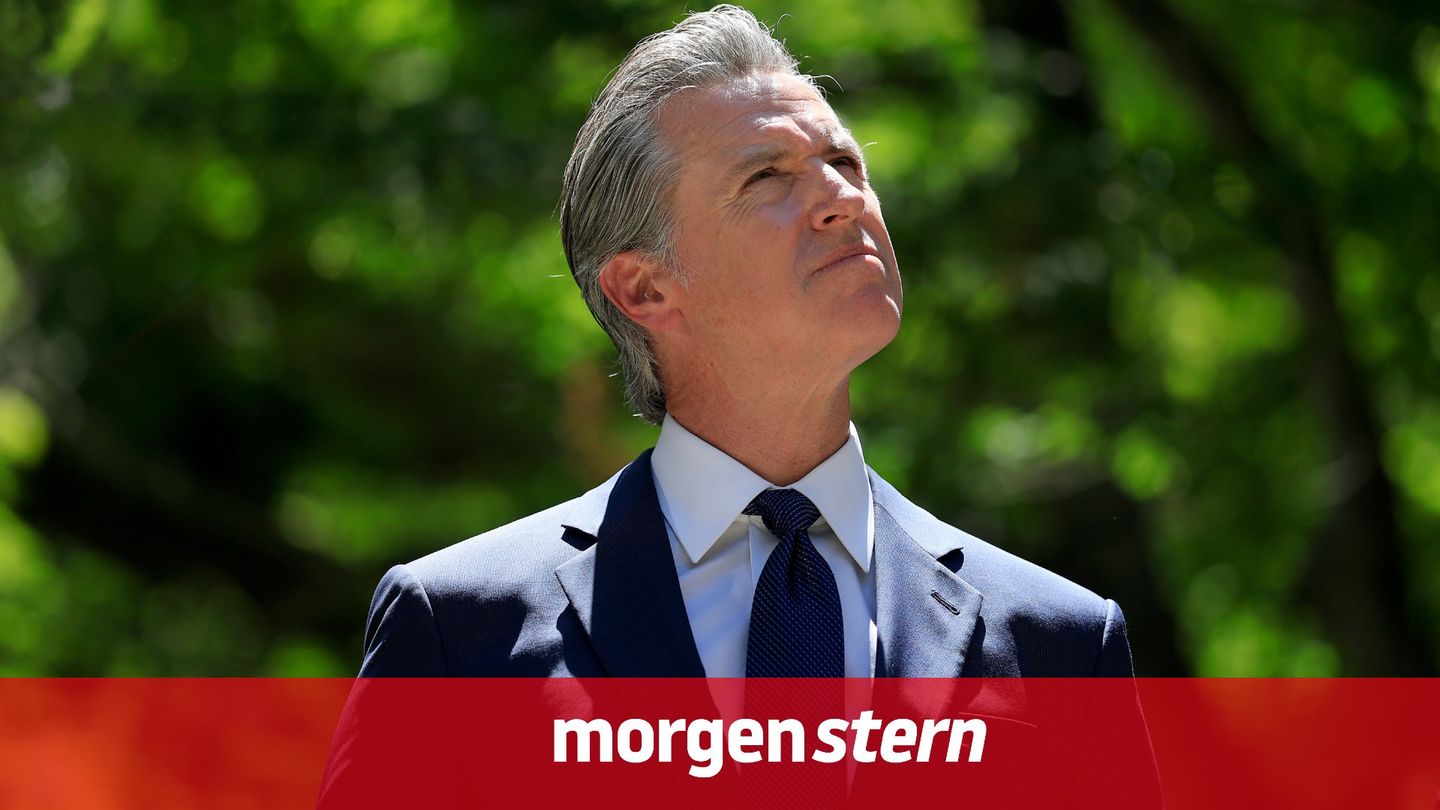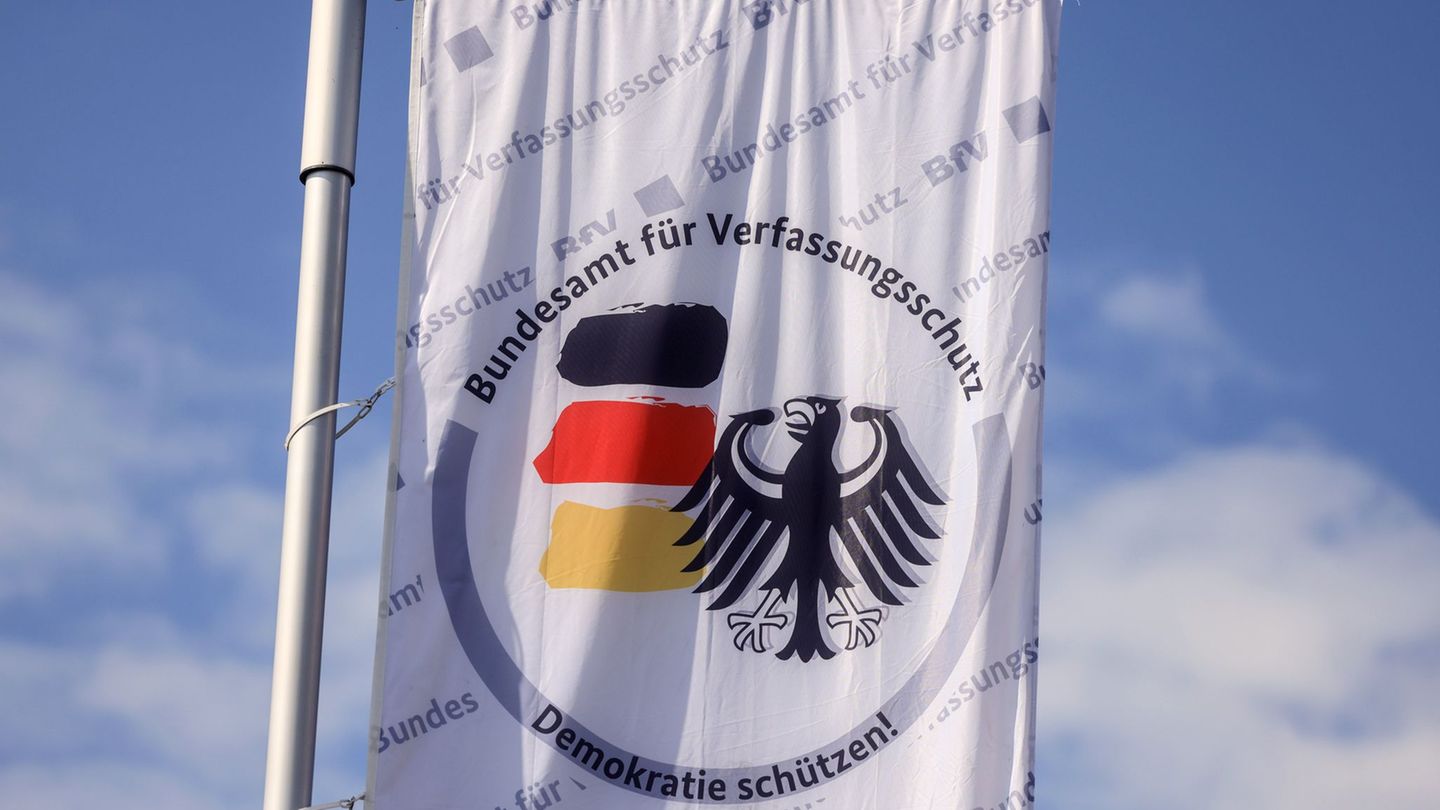The Benefits would depend on the time of entry and the deadlines chosen to pay off the debt.. Those who entered the The first 60 days would have 50% forgiveness of compensatory and punitive interestYes, if they pay everything in cash. If they joined in the first two months and chose a payment plan, the forgiveness would be 30%, and if they joined between days 61 and 120, the benefit would be reduced to 10%. In all three cases, 100% of the AFIP fines would be forgiven.
The initiative establishes that for those who accept plans, Human persons have to integrate 20% of the debt determined at the beginning and then up to 24 payments. Micro and small businesses will have to pay 15% and up to 30 monthly payments; the medium ones, 25% and up to 18; and the large ones, a first payment of 30% and up to 12 installments.
The Milei government’s moratorium would be broad. It would include all types of obligations, both customs, tax and social security and also to large companies, something that was not present in the government of Alberto Fernández, which only contemplated individuals and SMEs.
In all cases, The debt resulting from the plans will be adjusted based on the interest rate charged by Banco Nación for document discount operations.
Along with this, it will be sentn laundering bill aimed fundamentally at allowing people with undeclared dollars to deposit them in banks at zero cost. If they were goods or funds from abroad, they would pay a special tax of 5%.
The need for trust
Although the taxpayers consulted They gave a favorable opinion regarding the need for a moratorium, because they understand that a large part of the tax debts are caused by the economic regime in force until now, In relation to money laundering, they consider that trust is required, something that was badly hit after the plan launched by Mauricio Macri in 2016. In that plan it was promised that taxpayers would pay Personal Assets for only 0.25% and the rate soon remained at 1.75% and up to 2.25% for foreign assets.
UBA professor Mario Volman said regarding money laundering that “if there is trust it will work”, while in relation to the moratorium he considered it positive that it is “broad and without restrictions.” He noted that “It would be good to include the Solidarity Contribution” that was sanctioned during the pandemic so that the richest 10% of the population would contribute to the expenses. There were public figures like Gabriel Batistuta who made a claim to justice. The ruling party at that time never considered that this payment was a tax, although strictly speaking, it was.
Guillermo Pérez, CEO of GNP, said that “obviously, money laundering Beyond how unfair it is with respect to those who paid their taxes, It is essentiale, because the previous economy generated unusual business.” In relation to money laundering, suggests that the number of people who accept “will depend on trust” that there is.
In the same way, Tax expert Cesar Litvin indicated that “for money laundering to work, trust is needed.” in the economic model and in which private property will be respected.” When recalling the experience of the Macri government with a similar measure, he said that “people are a little burned.”
Source: Ambito




